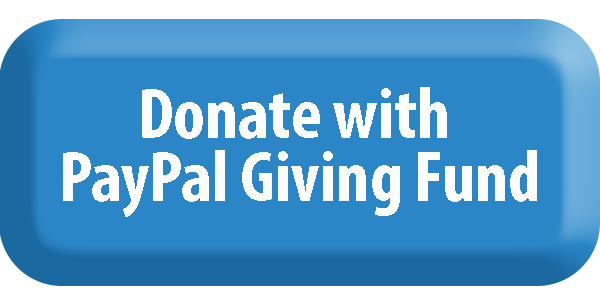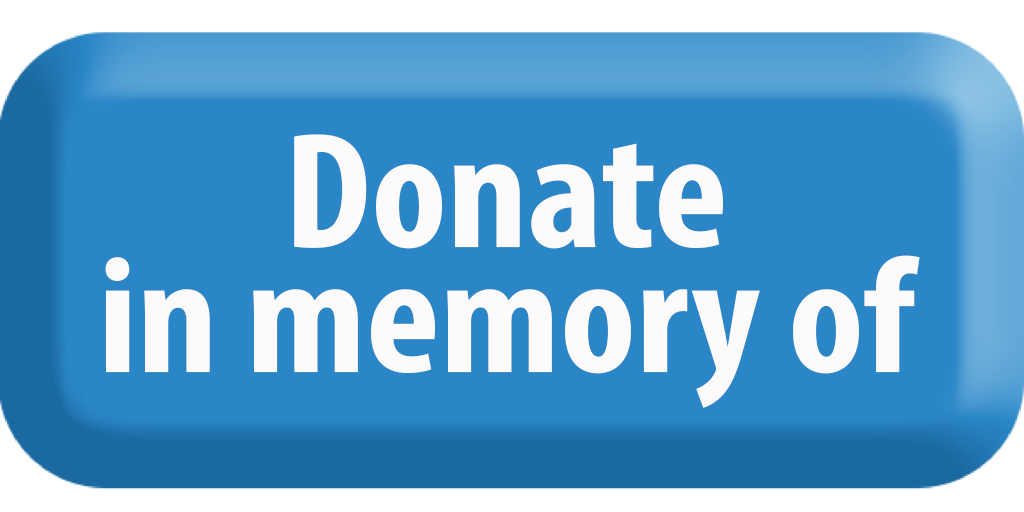Dear Hope Nation,
{At my editor’s request, I’m pointing out that the following is an example of irony, in which the writer actually means the opposite of what she or he writes, usually for humor or emphasis. I have more faith in you as a reader than my editor does. My editor has better judgment than I do. My editor always wins.}
{Editor’s Note: The above never happened.}
Reading books is dangerous, and I recommend against it. When I read—and here I mean real, challenging books, not just the novels or history which take up most of my time—I’m forced to confront new ideas. New ideas are always dangerous, and I recommend against them. Because I’m cursed with intellectual honesty, when I’m introduced to new ideas I can only keep them outside my mental living room for so long. The damn things keep knocking at my brain until I let them in.
Once in, they make me rearrange all my preexisting understanding, even having to throw some of my old ideas out. Since many of my favorite notions have been with me for years, it seems a shame to discard them just because they’re false. Still, because of that damned intellectual honesty, I’ve got to wrap them up like yesterday’s fish and put them in the rubbish. It’s a lot of work, and avoiding books is a good way to maintain my brain’s comfort.
Still, my mind itches to read, and sometimes only real books are within arm’s reach.
My bedside table has a copy of Gödel, Escher, Bach: An Eternal Golden Braid by Douglas R. Hofstadter. I can guarantee I’ve never made it past page 30, and probably never will. I’ve been told the secrets of the universe are buried within, but I just get bored and fall asleep, rendering that book harmless.
If you’re like me, though, all this sitting around is driving you kind of batty. Even more than the physical inactivity has been the mental inactivity. It’s just too damned easy to lean on old familiar ways and restrict my reading to rabbit-down-a-hole Google searches where I begin looking up synonyms for the word “cherish” and end up reading about backstage squabbles at the Metropolitan Opera, the New Yorker—and mainly the reviews and the cartoons vs. the longer, more challenging pieces—or endless scrolling of news sites trying to find an explanation, any explanation, for things, any things.

At many points in my life I’ve been a voracious reader, perhaps most so when I was an Army newspaper reporter stationed in Germany. I spent a lot of time on trains traveling to do stories, or in the field for weeks surrounded by strangers I was documenting. In my pack I always kept two or three books to climb into as I lay on top of a tank or inside an APC. I believe that Dostoevsky’s The Gambler is best read within 50 kilometers of the Wiesbaden Casino, that Mark Vonnegut’s The Eden Express, his account of schizophrenia, is only fully understood by reading it on a northbound train while in the grips of amphetamine psychosis, and that George Eliot’s Middlemarch must be completed in a grape field at dawn, before the earthy, musky smell has had a chance to arise. I believe these things, but of course can’t prove any of them.
Regardless of where they’re read, though, books contain ideas, and ideas are dangerous. I’d like to share with you five books to avoid at all costs, at least if you value the status quo and don’t want to have to rearrange your prejudices. I speak from personal experience, and can testify my brain would be a lot simpler and life would be less complex if I hadn’t read these books:
- Zen and the Art of Motorcycle Maintenance by Robert Pirsig
- Man’s Search for Meaning by Viktor Frankl
- The Tao te Ching by Lao Tzu
- The Plague by Albert Camus
- Mere Christianity by C.S. Lewis
While I’m on the subject of dangerous reading, I’ve got to point to at least a few poems. Avoid completely “The Second Coming” by William Yeats, “The Hollow Men” by T. S. Eliot and “Ozymandias” by Percy Bysshe Shelley. If you follow my advice, you’ll never know the thinking you’ve avoided and the trouble I’ve saved you from rearranging your thoughts.
Please, don’t read. Please, don’t think. Life is much easier when you’re able to settle on your personal prejudices, notions and daydreams, instead of looking for new questions, which simply lead to more questions and more uncertainty.
After all, you didn’t get into recovery to change anything.
You matter. I matter. We matter.
Keith



